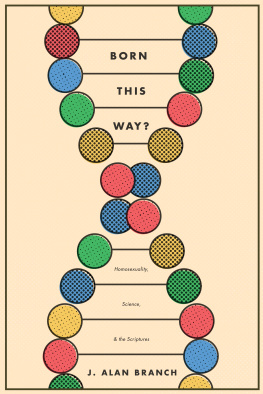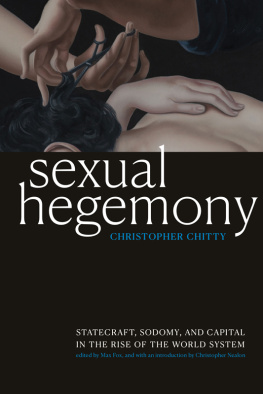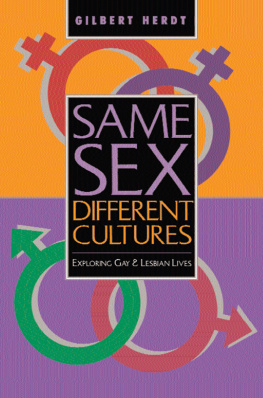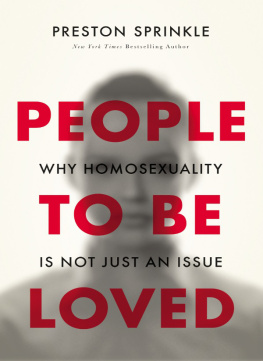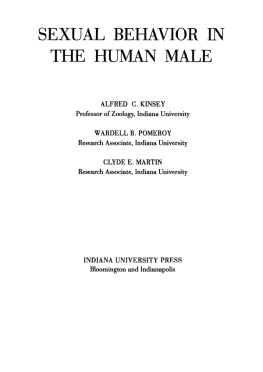A gay history of New Zealand
Introduction
A gay history of New Zealand is a chapter in my A gay history of the world/ Human male homosexuality: a world history also available for sale on the internet. The text is slightly amended from that published in the longer history.
The definition of homosexuality used is sexual and/or strong affectional relationships between persons of the same sex. This definition is based on that of Alfred C. Kinsey in his groundbreaking survey of over 5,000 United States men, Sexual Behavior in the Human Male (1948), p. 617, where the author defined homosexuality as sexual relations, either overt or psychic, between individuals of the same sex (for further discussion see the entry Homosexuality in my Encyclopedia of Male Homosexual Poetry and its Reception History now on the open internet). No person is to be regarded as homosexual unless specifically stated.
I would like to thank Tony Millett for proofing. Mistakes are of course my own.
Canberra
20 August 2016
Copyright 2016 978-0-9953903-2-4
New Zealand
Male with male sex was made legal in New Zealand in 1986 with a legal age of sexual consent of 16. From 1993 the Human Rights Act has covered both sexual orientation and gender identity. In 2013 gay marriage became legal, New Zealand becoming the 15th country in the world to legalize it. In line with developments elsewhere gays may serve openly in the military. Indigenous customary Maori laws applied until the 19th century and may still apply in some cases; British law was instituted from British settlementbut from the indigenous Maori peoples point of view colonizationin the early 19th century. Until the 1970s strong censorship laws operated in relationship to homosexuality starting from the first New Zealand censorship act in 1892 (but prior to this date under British laws).
Facts
New Zealand is situated in the south Pacific Ocean and consists of two main islands, the North and South Islands. The name New Zealand comes from Zeeland in the Netherlands and was first used by 17th century Dutch cartographers in 1645. New Zealand is also called Aotearoa (land of the long white cloud; long bright world; land of abiding day) originally a Maori word referring only to the North Island (see the entry in Te Ara Encyclopedia of New Zealand). Another Maori name for the North Island is Te Iki a Maui (the fish of Maui, a Maori ancestor who it is believed fished up the North Island). The South Island is called Te Wai Pounamu (the waters of greenstone, a type of jade much prized by the Maori peoples and used for clubs and jewellery). To the west of New Zealand lies Australia, New Zealands largest neighbor, 2,155 kilometers (1,340 miles) away, but only a 3 hour plane flight. To the east across the Pacific the United States west coast cities of San Francisco and Los Angeles have been easily and cheaply reachable by plane since the 1970s as has Australia. The nations of Fiji, Tonga and the Cook Islands are 1000 kilometers (600 miles) to the north and the French dependency of New Caledonia (Nouvelle-Caldonie) to the northeast. The population of New Zealand was 4,433,000 in 2012 and the capital is Wellington. Auckland is the largest city with 1,500,000 people (Wellingtons population in 2011 was 200,100); both cities are on the North Island. Christchurch, which suffered a devastating earthquake in 2011, is the largest city on the South Island and has 367,000 people; further south is the second largest city on the South Island, Dunedin, and at the far south, with a climate resembling that of Scotland, Invercargill. Unlike Australia there is no written constitution.
New Zealand is a parliamentary democracy with the British sovereign as the head of state. English and Maori are official languages; English is spoken by over 90% of people as a first language and Maori, in the Austronesian language family, can be used for everyday conversation by at least 4% of people, with the 2013 census showing that 50,000 Maori adults (11% of the Maori population) could speak Maori well or very well. New Zealand is part of Polynesia (many islands) whose inhabitants are light brown skinned, in contrast to Melanesians (eg of the Solomon Islands and Papua New Guinea) who are black skinned. In some cases there are more people from Polynesian nations in New Zealand than in the original countries; for instance Samoans (estimated at over 300,000 including people of Samoan descent), Tongans and Cook Islanders. At the 2013 census 71.2% of people identified ethnically as European, 14.1% as Maori, 11.3% as Asian, 7.6% as Pacific peoples and the rest Middle Eastern, Latin American and African. Christianity is the dominant religion, though only 44.3% said they were Christians in the census while 38.5% said they had no religion. Like Australia and most western democracies, New Zealand is now a multicultural nation with 200,000 Chinese immigrants and an increasing Asian population (proportionally the Chinese population in New Zealand is much larger than in Britain which had 249,000 Chinese at the last census). Estimated per person nominal GDP in 2013 was $US 40,881 making the country one of the richer countries in the world. In area New Zealand is 268,021 square kilometers (103,483 square miles) making it one of the smaller countries in the world.
History
New Zealand was the last known country to be occupied by humans. The country lies on a faultline which makes it subject to volcanic activity and earthquakes. Maori people settled in New Zealand from about 1200 AD and came from the east. Maori means normal, ordinary in contrast to the Maori name for whites or foreigners, pakeha. Tribal Maori history, which goes back orally until around 1200, states that canoes came from Hawaiki, a Polynesian island in the eastern Pacific.
The British navigator Captain James Cook mapped the coast of New Zealand in 1769 and 1770 and from 1800 British settlers (invaders from the Maori viewpoint) arrived; between 1769 and 1840 French navigators also reached New Zealand and charted parts of the coast. In 1840 the Treaty of Waitangi was signed with the Maori peoples making New Zealand, the only country in the world to sign a treaty with indigenous peoples (the treaty is now embedded in New Zealand law). Wars with Maori followed, mainly over land ownership. New Zealand became self governing from Britain in 1853 when parliament began (there is only one house, the House of Representatives). A Maori revival is in progress and the Waitangi Tribunal was established in 1975 to administer the treaty (monetary settlements with most iwi (tribes) have now occurred; as a result some tribes have large monetary and real estate assets). There are over 100 iwi in the North Island but a much lesser number in the South (some reports suggest as low as 6). There are various dialects of Maori. The dialect of the far north, where the Treaty of Waitangi was signed, has become the standard dialect.
In recent years up to 50,000 New Zealanders have left the country annually to settle in Australia but for economic reasons from 2008 this number has declined; 600,000 New Zealanders live and work in Australia. Citizens from each country can visit and live in the other country without visas. Overall 1 million New Zealanders are believed to live outside the country. New Zealand has strongly influenced Polynesian countries around it: for instance the Polynesian nation of Samoa, a New Zealand colony from New Zealands seizure of the country in 1914 to independence from New Zealand in 1962, and Tonga (formerly a British protectorate). Australia has been and is strongly influential on New Zealand but Great Britain was formerly possibly even more so. The United States is now a major influence especially through media where the influence of American English is notable.
Special note
Next page

